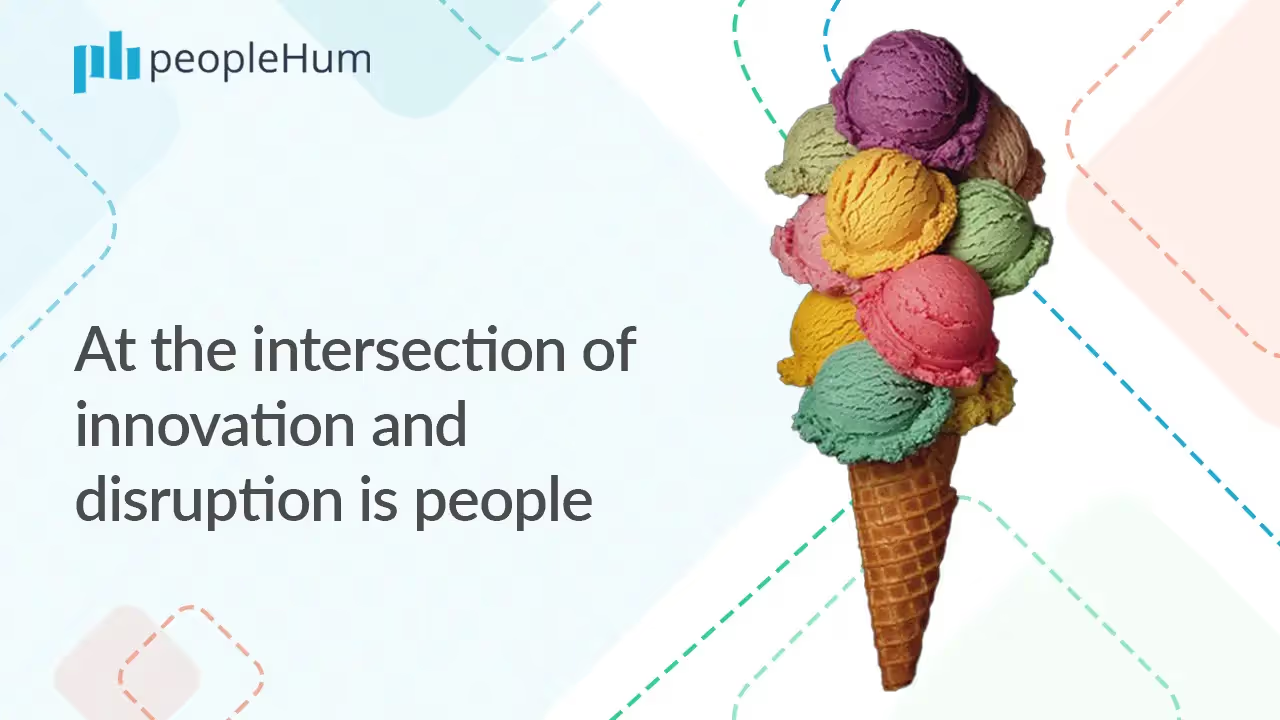Innovation……..you know that word that gets tossed around a lot? Well what does it mean, and how can you prepare yourself and your company to become more innovative? Who better to ask then Lisa Bodell, an award-winning author and CEO of Futurethink. As a futurist and expert on the topic of change, she serves as a global council member of the World Economic Forum; and has helped thousands of senior leaders ignite innovation. I had the pleasure and honor of having her as my most recent guest on my What’s Next! podcast.
Lisa sees way beyond a standard definition of innovation, beyond it being just one thing. She sees innovation on a spectrum. Starting with small incremental changes, such as a cardboard sleeve on a coffee cup, which can be meaningful to the (coffee) experience – all the way to highly disruptive innovation. Further, she posits that innovation isn’t just about being creative or having great ideas—everyone has ideas –it’s about simplifying the unnecessarily complex and having an open mind to a set of diverse ideas that really moves the needle. Innovation is best achieved when it is both productive and valuable.
It can be challenging for established teams to bring diversity into the group. They might bring forward great ideas, but in fact, they probably struggle to turn those ideas into something meaningful for customers or their business. This happens because teams are so familiar with each other that everyone begins to think alike, respond to challenges with expected responses — everyone seems to be on the same page. When that happens, the team finds it much more difficult to want to veer off course because the current path feels so easy, so familiar—how work is supposed to be.

So how can companies successfully innovate? With the pace of change in business today –there is no way to respond fast enough without a full ‘team’ effort. As leaders, team builders, the key to success is having diverse perspectives sitting at the table in order to encourage and support innovation. The more diverse the team in terms of employment background, culture background, gender, age, thinking style (that could be from an introvert to an extrovert) to somebody who’s very tactical to someone who’s very provocative in terms of their inquiry and questioning things, the better. The research shows that diverse teams outperform those that are “smarter” because they question assumptions, they challenge each other. They don’t perceive opposing views as conflict. They view it as contrast. It pushes them to get a better more thoughtful well-rounded result.
The bottom line? Without diverse thinking, innovation is absent. Diversity causes disruption that can seemingly slow progress and make people uncomfortable. Yet, Lisa and I would both agree that feeling comfortable leads to complacency. Complacency does not breed innovation. Instead, innovation comes from being challenged and from constructive discourse.
What I love most about the conversations I get to have on my podcast is collaborating with leading thinkers who’s views are different than mine. Because Lisa’s angle on innovation has an emphasis on value, I reflected on how to begin changing to innovate. Here’s my conclusion: maybe a little more discomfort is what we all need in order to truly innovate. We must look at how we work and identify if our work is complex in a way that is unnecessary and self-imposed. If we can strip away meaningless complexities, we can focus on innovating and creating work that is valuable and that matters to ourselves and our customers.




































%20Medium.avif)
%20(1).avif)












